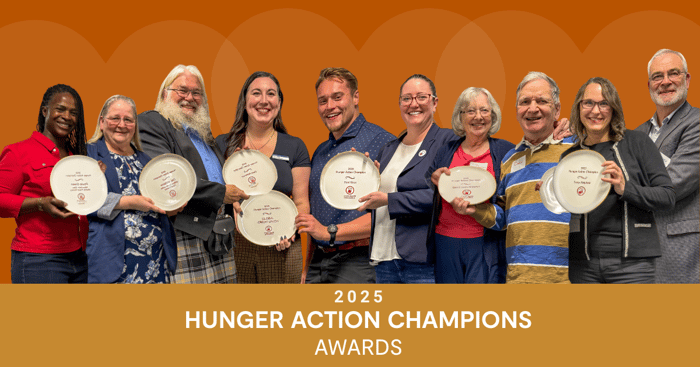What does the “Big Beautiful Bill” mean for SNAP in Alaska?
Navigating SNAP • Changes to SNAP Eligibility • 6 min read • Aug 1, 2025 2:21:22 PM • Written by: Grace Heglund-Lohman

A new federal law is making major changes to the Supplemental Nutrition Assistance Program (SNAP), also known as food stamps.
If you rely on SNAP to help feed your family, your benefits may be affected.
On July 4, President Trump signed H.R. 1 (the “Big Beautiful Bill”), now Public Law 119-21. This legislation includes sweeping changes and deep cuts to SNAP, a program that nearly 70,000 Alaskans depend on to buy groceries.
Some changes are delayed and still require federal guidance, but others may begin soon. Here’s what to know.
What’s Changing in SNAP?
The new law includes several key shifts:
-
The program will require more paperwork from more people to remain eligible
- Future benefit increases will be limited, even if dietary guidelines change
- The federal government will fund less of the program, requiring states to cover more
How This Impacts Alaska
Alaska has some flexibility, but challenges remain:
-
The state may delay the new paperwork rules through December 2028 with approval from USDA
-
Alaska is expected to begin covering a portion of SNAP’s food costs by 2030, but may do so later than other states
-
If the state budget cannot absorb these new costs, Alaska may need limit eligibility further or reconsider its participation in SNAP
New Paperwork Requirements
If you are an adult in one of the following groups, you may need to prove that you work, volunteer, or participate in job training for at least 20 hours per week to keep your SNAP benefits:
-
Adults ages 18 to 64 without children (formerly 18-55)
-
Parents or guardians of children age 14 or older
-
Veterans
-
People experiencing homelessness
-
Former foster youth up to age 24
If you do not meet these paperwork requirements, you may only be eligible to receive SNAP for three months every three years.
Exemptions from Paperwork Requirements
You will not be subject to the new work requirements if you are:
-
Alaska Native or American Indian
-
Pregnant
-
Medically unfit to work
-
Caring for a child under age 14
Alaska can also apply to waive these rules in areas with high unemployment, which may help protect rural communities.
Other Changes That Could Affect Your Monthly Benefits
- Utility costs, including heating and internet, will be calculated differently
- Future increases to the amount of benefits you receive may be smaller
- Some immigrants, including certain refugees, asylum seekers, and trafficking survivors, will no longer be eligible
When Will These Changes Take Effect?
Here is what we know so far:
- New paperwork rules and utility calculations are waiting on USDA guidance
- Alaska will begin covering administrative costs on October 1, 2026
- Food benefit cost-sharing could begin as early as October 1, 2027, though this will likely be delayed
- Most states will be required to pay 5% to 15% of SNAP food benefit costs each year by 2030
What to Do Right Now
Keep using your SNAP benefits as usual. No changes have taken effect yet.
If you are unsure whether you qualify or need help navigating your next steps, we are here for you.
Text SNAP to 907-891-8913 to answer a few quick questions. A member of our SNAP Outreach team will help guide you through the process.
We’re Here to Help
We know these policy changes are complicated and frustrating. Food Bank of Alaska is here to help you understand your options and protect your access to food. We will keep this page updated as more information becomes available.
No one should go hungry because of changing laws.

Grace Heglund-Lohman
Advocacy Manager, Food Bank of Alaska
Related Articles

Hunger Awareness and Advocacy
Honoring our 2024 Hunger Action Champions

Hunger Awareness and Advocacy


